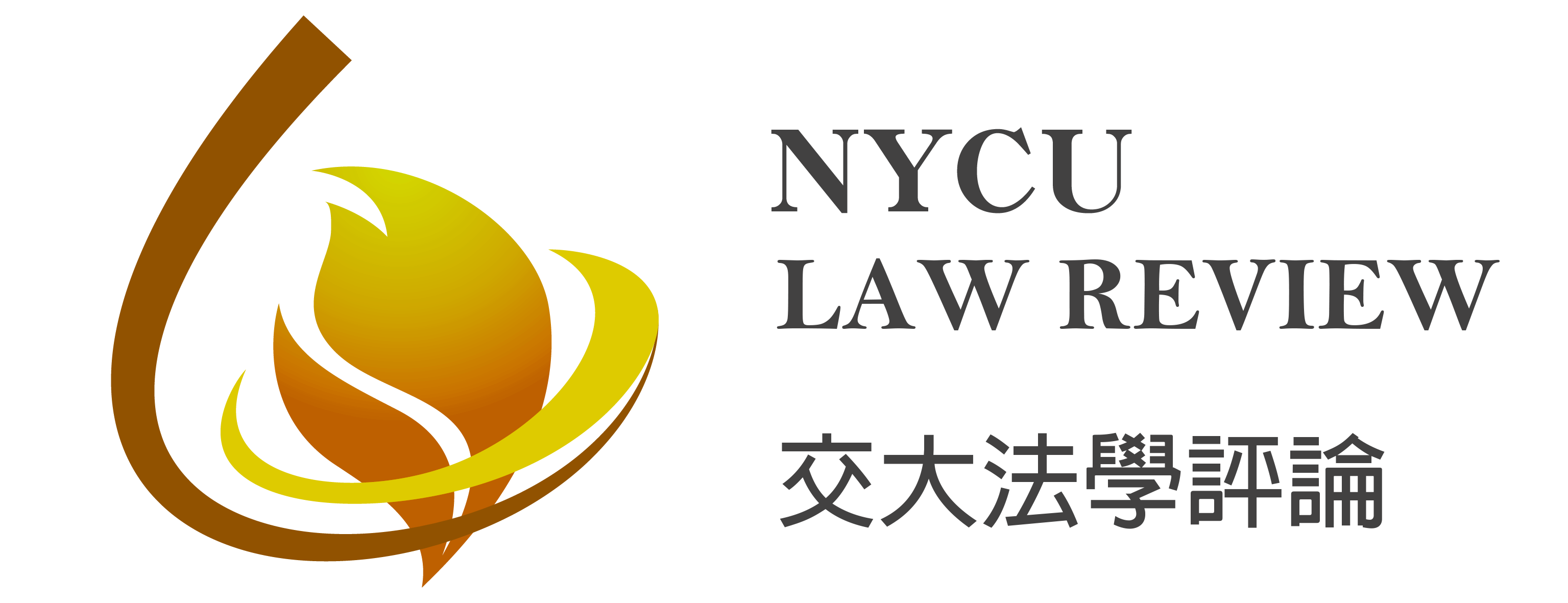| Title | |
| Ethno-pharmacological Knowledge of Taiwan and its Protection | |
| Author | |
| Warren H. J. Kuo, Jau-Hwa Chen, Hsin-Fu Yen, Antonio I. C. Hong | |
| Keywords | |
| ethnopharmacology, indigenous people, intellectual property right, Taiwan, traditional knowledge. | |
| Abstract | |
| Indigenous ethnopharmacological knowledge has been used to ease or cure pain and diseases of indigenous peoples for a long time and is also a valuable source for the development of modern drugs. For this reason, many pharmaceutical companies are engaged in bioprospecting. However, cost of bioprospecting is fairly expensive. Traditional knowledge may be used to increase probability of sieving out useful pharmaceutical materials from numerous biomaterials. Indigenous peoples of Taiwan have created rich ethnobotanical knowledge. During the past one hundred years, ethnobotanists have recorded more than 400 medicinal plant species that were used to curing about 50 diseases, covering dermatology, ophthalmology, otolaryngology, dental pain, gastroenterology, infectious diseases, respiratory disorders, orthopedics, neurology, obstetrics/ gynecology and others. Protection of traditional knowledge (TK) is divided into two dimensions: safeguard of knowledge rights and of system that maintaining and innovating knowledge. The protection of TK rights contains intellectual property right regime, such as patent and trade secret, and non-intellectual property right regime, including contract and customary laws. Regarding the protection of intellectual property right regime, discussion should be made focusing on “public domain” and “private domain” into which traditional ethnopharmacological knowledge is divided. Protecting TK of the indigenous peoples of Taiwan confronts several problems. As to the safeguard of knowledge rights, the most serious defect of the protection of non-intellectual property right regime is that legal institutions of prior informed consent and benefit sharing have not yet been established. Regarding passive protection, the problem is that Taiwan is neither a member of WIPO nor a signatory country of CBD, UPOV and Bern Convention, hence there is no guarantee that databases and register established in Taiwan would be adopted by patent offices around the world and accepted as examining references to prevent biopiracy. Regarding positive protection, the most significant problem is that it is too difficult to identify right holders. The major reason is that traditional territories are now too indistinct to identify who should share the benefits from the knowledge. As to trade secret, private property system and market economy are now widespread within indigenous tribes, adopting trade secret regime to protect traditional knowledge arises critical problems. As to the protection of the system that maintaining and innovating knowledge, the most vital problem is that traditional customs are vanishing rapidly and autonomy of tribes becomes more and more powerless so that it is not easy to restore the original living style that ensure intimate human–environmental relationship, which is essential for the creation of traditional knowledge. |
|
| Abstract | Article |
|
226 Downloads |
465 Downloads |
